Salman Nizami
It was so cold that night, that the blood spraying out from the bullet ridden body of Basit’s father would freeze into red icicles as it touched the ground where he lay dead. “Salman naibar naeer, Abba haa muud,” (Salman come out, my father is dead) Basit cried out to me as I tried coming to terms with the few seconds of violence that had changed the happy environment there into a life-long pain and separation.
A while ago, it was a joyful atmosphere at Basit’s house, where we all had assembled to welcome his newly wed bride. Since it was the month of chillai kalan, I could not make it to Basit’s wedding seven days earlier. The roads to Pattan had been blocked due to incessant snowfall that week, and I was trapped in my house in Jammu. But Basit would not listen to excuses. For him, his best friend not accompanying him on his D-day was nothing short of a sin. And hence, in order to atone that sin, I decided to visit Pattan when the snowfall receded and the weather was no longer so intimidating.
Basit had sent me a special invite to participate in the welcome dinner thrown in honour of his bride, who, as is the custom in Kashmir, had returned to her in-laws’ place on the seventh day since the nuptial ceremonies. As I travelled in a car from Jammu to Pattan, in the biting cold of a soundless winter afternoon, when nothing but mist and hazy silhouettes of mountains were visible from the windows of the vehicle, I was filled with nostalgia of childhood days. I was to see Basit after such a long interval, and the fact that he was a groom now, filled me with reveries of our beautiful childhood when the two of us would make a commotion in his house with our playful ways, and Basit’ dad, a warm middle-aged gentleman and devoted leader of the Congress, would be on his toes watching us, and doting on us.
So, when he lay dead on the floor, I felt inconsolable. I tried to comfort Basit, his bride, and Basit’s mom, but they were crying miserably. Those were the days of militancy. People generally recall the excesses done by the army, but nobody really tells you that the militants, who professed to be our champions, our saviours, committed no less atrocity. People talk of the right to self-determination. But as militants waged a war with the state, there was hardly any free choices on offer for the citizens trapped in the region. The mood was overwhelming in the favour of a separate nation.
While I do not have any personal animosity against any individual’s choices, it was certainly not the case with the militants who were virulently against anybody who was in favour of India. They unleashed unspeakable tyranny if anybody was suspected to be sympathetic to New Delhi. It was a difficult time for local politicians. The Indian flag could be seen only in the army camps. Nowhere else people had the courage to show any allegiance to India, for the fear of being persecuted by militants. Basit’s father, as was the case with so many other Congress leaders, fell prey to this persecution.
It was around 8 pm when I along with the bride and the groom, was enjoying the Kashmiri food (Wazwan), when a group of seven people entered the house. It was a raid by the militants. Basit hid his bride and asked me to lie down under the bed, as the armed men caught hold of his father. Few eerie moments followed. The music had been stopped and the warm feel of the room gave way to macabre silence. The militants asked Basit’s dad to turn off the light. They then demanded extortion money and when the grey-haired man refsued to cow down to their avarice, they started beating him up. Two of them pushed him against the wall and searched his pockets. At this point, Basit’s mother threw herself down to the miscreants’ feet and begged for mercy. But with no regard to her age or gender, the evil men kicked on her forehead and soon the old woman was bleeding profusely.
Seeing this, Basit’s father shouted “Tum Chor Ho (You are thiefs); I will not pay you a penny.” Then there were gunshots. In a moment or two the intruders were gone. And everything had changed. The destiny of this family had changed. I asked Basit, who were they? He replied “Hamari Kaum kay rakhwalay, lekin kisi aur Mulq say taluq rakhtay hain.” They say they are the guards of Kashmiris, but they belong to a different nation.
This is only one incident, witnessed by me. But, the Congress leaders have a long history of sacrifice. At a time when everybody was more interested in his own security, Congress leaders in the state defied the militants and stood up for the integrity of India. Not fearing for their lives, they raised pro-India slogans in public and tried to persuade people against the idea of cessation.
It was Congress again that tried to win the hearts of Kashmiris in the years preceding the militancy by grooming an army of local leaders. They led campaigns in favour of the state and tried bridging the gap between New Delhi and the valley. But even these local leaders betrayed the Congress. They promoted their own regional parties, and the Congress, which had a strong hold in Kashmir and was revered for its secular thought, started withering. When the gun culture started, the state was headed by Former Chief Minister Farooq Abdullah, and National Conference had a strong hold in Kashmir with the support of New Delhi. Even then, Congress was at the forefront trying to stop the state of Jammu and Kashmir fall prey to a hate campaign sponsored from across the border. Basit’s father was only one such Congress leader who gave up his life to safeguard the honour of his motherland India. Congress leaders across the state organised party programmes in the rural areas, and faced bullets in return.
Today, there is another hate campaign going on. The BJP, which never bothered to do anything to safeguard the integrity of the nation in the militancy years, is today making tall claims about nationalism and is trying to befool the voters in Jammu that it is the only patriotic outfit. The irony cannot be more distinct.
Even during the last assembly elections, there was hatred among the Kashmiris for the BJP and hence in order to stop the BJP they voted unilaterally for the People’s Democratic Party. In Jammu, on the other hand, the BJP mixed its communal agenda with false promises of nationalism to win over the majority votes of the Hindus. They even promised the voters in Jammu that they would scrap Article 370, an aspiration common among the Hindus in the region. And then the BJP and the PDP joined hands to make a mockery of the people.
It is time when we start realising their pretenses. It is time we realised the BJP never did any sacrifice for the integrity of our motherland during the militancy years. It is time we remembered the martyrs like Basit’s dad who died to save the nation. It is time we once again introspected the secular and patriotic ideals of the Congress party and use them to counter the selfish designs of the RSS, that serves as the ideological anchor for the BJP.

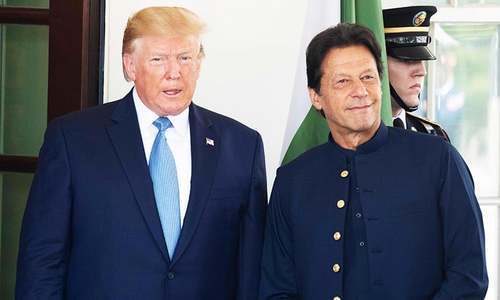









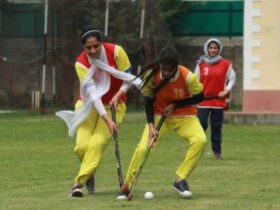

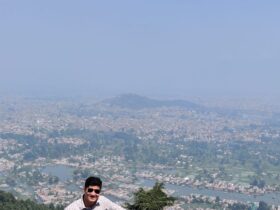
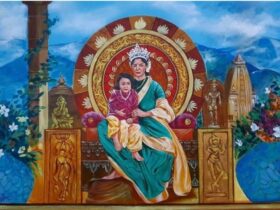

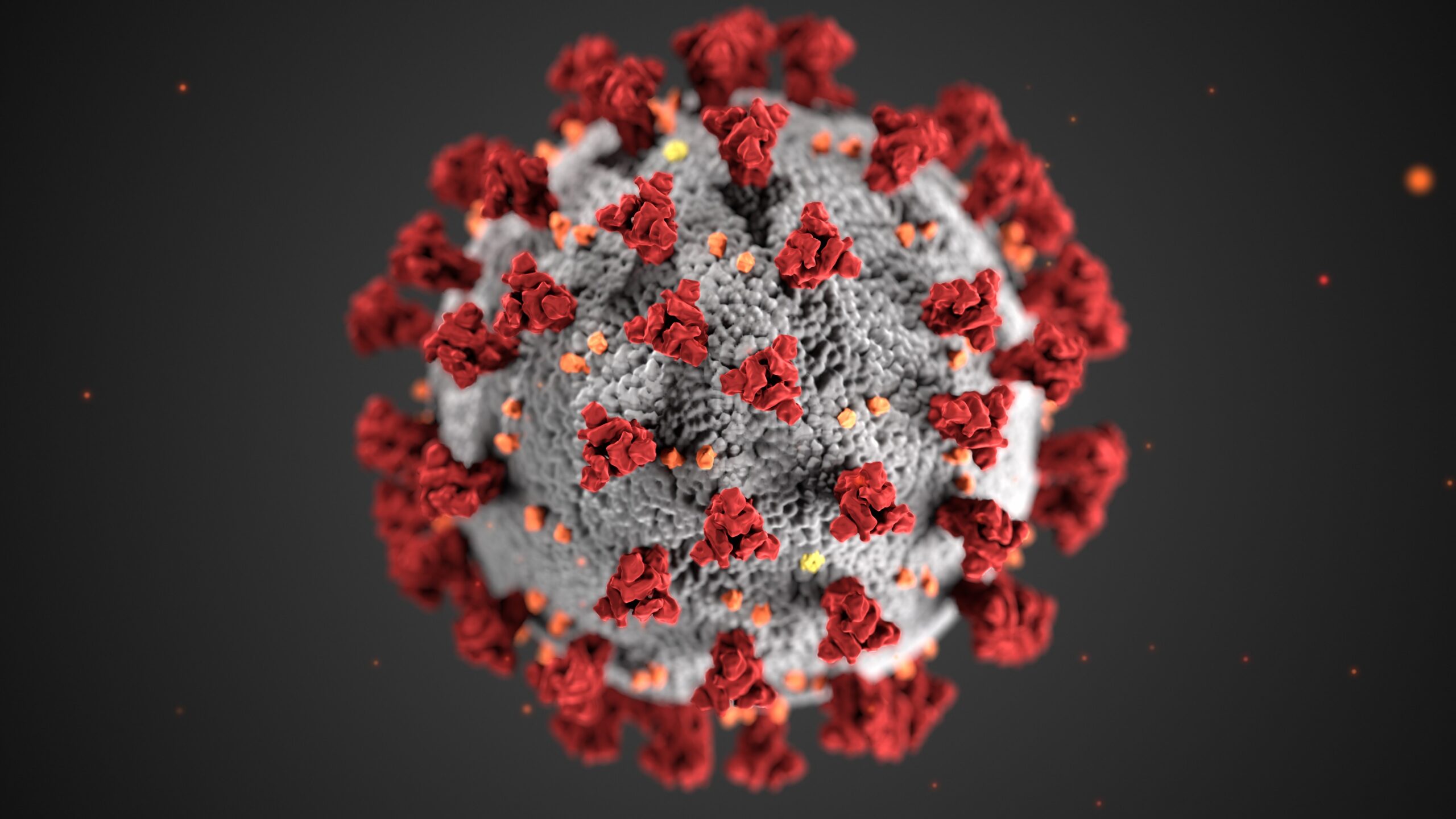
Leave a Reply